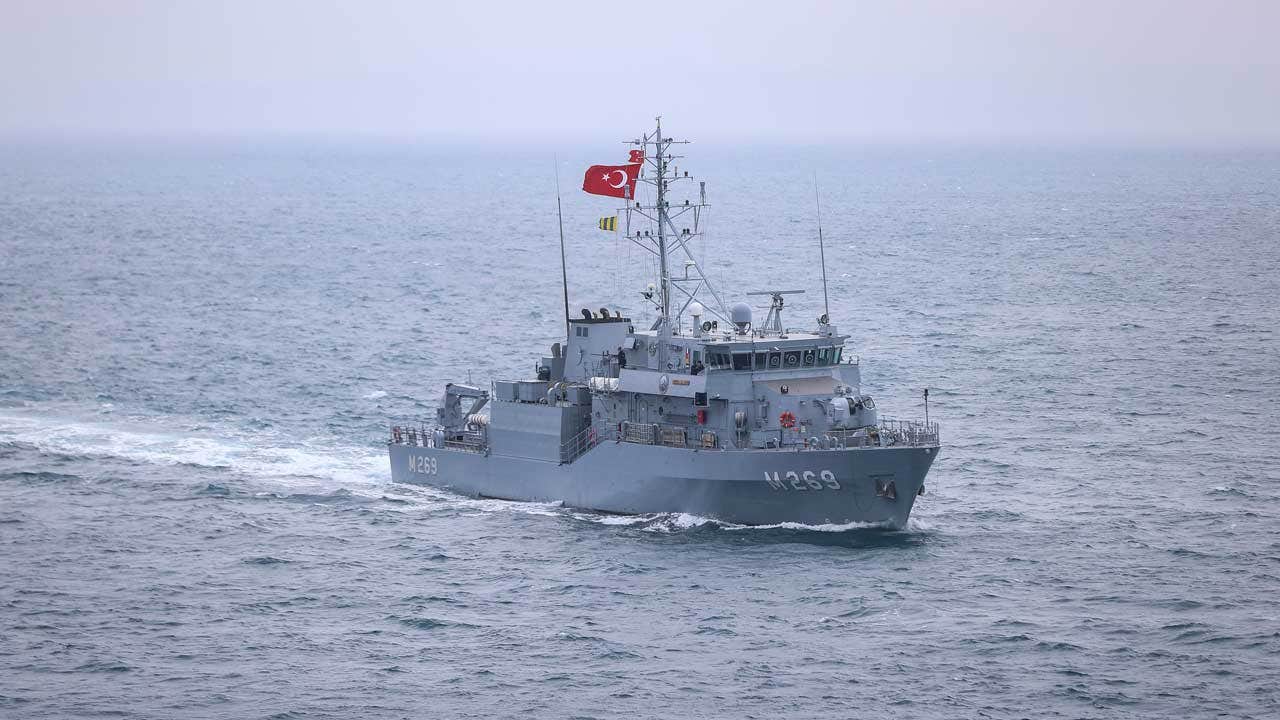Israel’s invasion of Rafah seems inevitable
After weeks of delays, negotiations and distractions, Israel appeared to hint this week that its assault of Rafah was all but inevitable.
Israeli warplanes bombed Rafah this week, and an Israeli official said that if an invasion began, civilians would be relocated to a safe zone on the Mediterranean coast.
Israel insists that invading Rafah, a southern city where more than a million Gazans are sheltering, is necessary to eliminate the militants hiding in a network of tunnels there and to ensure the release of hostages. The U.S. has pushed back against Israel conducting a major military operation there without a detailed plan to protect civilians.
At the moment, Hamas is bottled up in southern Gaza, heavy fighting has mostly subsided, a cease-fire remains possible and delaying helps placate American officials who are against the invasion. Some analysts have even suggested that Israel may never invade Rafah and that the threat is merely leverage against Hamas during negotiations.
“It’s going to make the world safer,” Biden said. “And it continues America’s leadership in the world.”
Senator Mitch McConnell, a Republican from Kentucky who is the chamber’s minority leader, was crucial to helping the aid pass after months of congressional gridlock because of isolationist Republicans.
The package also includes $1 billion in humanitarian aid for Gaza and $15 billion in military aid for Israel. Biden reiterated that his commitment to Israel was “ironclad,” even though there is a growing backlash to American support for Israeli forces in Gaza.
More Ukraine news:
Arizona charged Trump allies in an election interference case
Rudy Giuliani, Mark Meadows, Boris Epshteyn and several others who advised Donald Trump during the 2020 election, as well as the fake electors who tried to keep him in power after he lost, were indicted in Arizona yesterday.
The indictment includes conspiracy, fraud and forgery charges, related to alleged attempts by those charged to overturn the 2020 election results. Trump, who is on trial in Manhattan, was named as an unindicted co-conspirator.
MORE TOP NEWS
A growing crew of virtual-assistant apps combine artificial intelligence and human labor to help parents manage their family lives.
These apps are styled like cutesy helpmates, with names like Yohana, Ohai and Milo. My colleague Amanda Hess tried Yohana, finding “that the busywork I might delegate to a machine is actually more human, and valuable, than I realized.”
CONVERSATION STARTERS
-
A pricey painting: “Portrait of Fräulein Lieser,” a long-lost 1917 painting by Gustav Klimt, sold yesterday for 35 million euros to an unnamed buyer.
-
Meta style: Silver chains. Shearling jackets. Mark Zuckerberg, the company’s chief executive, has ditched his gray T-shirts for clothes that suggest “the kinder, gentler face of technology,” our chief fashion critic writes.
-
Eternal scaffolding: New York’s protective barriers can stand over sidewalks for years.
SPORTS NEWS
The UEFA Youth League: So much more than a teenage Champions League.
Proposal to change tennis: The Grand Slams present their premium tour plan.
Formula 1 safety cars: How they work and ideas for improvements.
ARTS AND IDEAS
Debating ‘Tortured Poets’
“The Tortured Poets Department,” Taylor Swift’s lengthy excavation of her recent relationships, is not as universally loved as some of her other albums. Our pop music critics discussed the album’s sound, themes and reception.
“This feels like an album designed for her top 5 percent of listeners — the ride-or-dies who will defend her every move and pore over her every lyrical clue,” said Lindsay Zoladz, who reviewed the album. “Everyone else seems either puzzled or underwhelmed by it as a whole. But Swift is someone who thrives off feeling underestimated and misunderstood, so maybe the mixed reception of this album will be the creative rocket fuel that launches her into her next era.”






